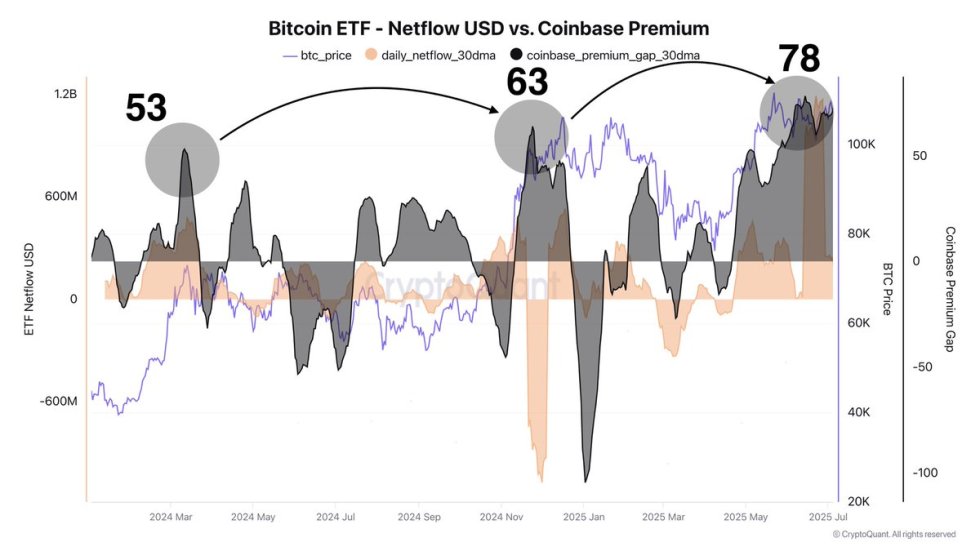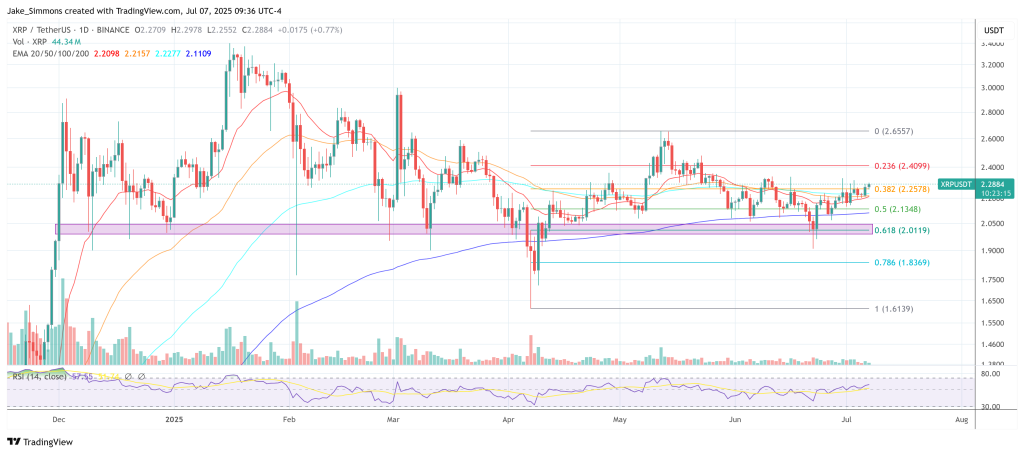EDIT: what I'm trying to discuss here is the trade off between transparency and competitive advantage. On Ergo (where every dapp, wallet etc is open source), innovative dapps' open source code was "stolen" by bigger, well established projects
The Ledger debacle has started a wider debate in the crypto space about the pros and cons of open source code.
Closed source dexes have often been victims of mysterious hacks; closed source code allowing for devs misbehaviours without anyone else noticing.
Open source dexes too, however, risked getting drained due to faulty code being out in the open, like it was the case for Minswap DEX on Cardano when it first launched: https://medium.com/coinmonks/how-the-wingriders-team-saved-minswap-from-being-hacked-1962411e2f2d
The most interesting case, however, is Ergo: a utxo PoW chain like BTC but with smart contracts.
On Ergo, everything is open source: from community built dapps, to DeFi protocols, to wallets.
This allowed new devs to easily create their own dapps in only a few days, such as a casino and a NFT search tool.
However, it also allowed for copy-pasta DeFi protocols: Cardano's AnetaBTC (wrapped Bitcoin provider) took advantage of the open source code of Ergo Rosen Bridge to create their own BTC to Cardano/Ergo Bridge.
The example above shows how open source puts devs at risk of seeing their work "stolen" by people with much better marketing skills, discouraging innovation driven by new entrants.
What's your take on open source code? How do we find the perfect trade off between transparency and monetization of dapps?
[link] [comments]

You can get bonuses upto $100 FREE BONUS when you:
💰 Install these recommended apps:
💲 SocialGood - 100% Crypto Back on Everyday Shopping
💲 xPortal - The DeFi For The Next Billion
💲 CryptoTab Browser - Lightweight, fast, and ready to mine!
💰 Register on these recommended exchanges:
🟡 Binance🟡 Bitfinex🟡 Bitmart🟡 Bittrex🟡 Bitget
🟡 CoinEx🟡 Crypto.com🟡 Gate.io🟡 Huobi🟡 Kucoin.




















Comments